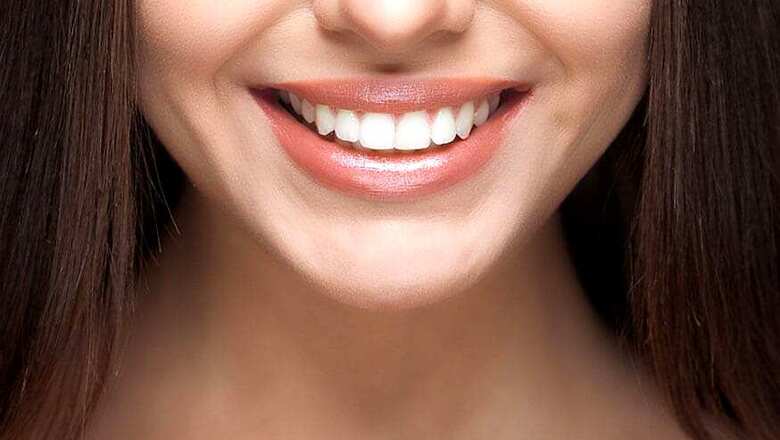
views
We all try to take good care of our bodies. We make sure that we eat healthy food, use good products to protect and nourish our skin and hair, workout to improve our stamina and heart health. But we often end up neglecting our oral health. While this negligence may not harm you immediately, it can lead to many oral problems in the longer run. Problems like gum diseases, cavities, tooth pain, bad breath and deposits of plaque and tartar are the result of bad oral hygiene. It has also been reported that bacteria present in the mouth can travel to other organs and damage them.
Here are four oral hygiene habits that you should follow to keep your mouth and teeth healthy.Brushing
Brushing is the most essential part of the oral hygiene routine. We all know that it is advised to brush your teeth twice a day: once in the morning before eating breakfast and once in the evening after having dinner. It is best to use a soft or ultra-bristled toothbrush. There are basically two types of brushes that are available in the market: manual toothbrushes and electronic toothbrushes. Both of them provide adequate cleaning of the teeth.Flossing
When food gets stuck between two teeth, many of us use a toothpick to dig out that piece of food. But most people do not know that using a toothpick can harm the gums and can create an unnatural space between the teeth. Instead of using a toothpick, people should switch to flossing. Dental floss is a waxed piece of thread which is can be available in a twisted or non-twisted form. It is can be inserted between two teeth to remove the food stuck in that area. It is either available in a spool or along with a plastic handle. You can floss your teeth after every meal for good oral health.Tongue cleaning
Oral hygiene does not consist only of cleaning the teeth and the spaces in between - tongue cleaning is an equally important aspect of it. If you have bad breath despite brushing twice a day, a thick-coated tongue could be the reason behind this. Metallic and plastic tongue scrapers are commercially available at most stores. Nowadays, small tongue cleaners are also present at the non-bristle end of some toothbrushes.Mouthwash
Mouthwashes do not directly clean your teeth or mouth but they help in lowering the bacterial load and masking bad breath. Mouthwashes should only be used for 21 days consecutively and then should be discontinued for at least two weeks before continuing again. The overuse of mouthwashes can lead to staining of teeth and loss of taste buds.
Mouthwashes are of two types: commercial and therapeutic. Commercial mouthwashes do not have a medicinal benefit, they just temporarily control bad breath.
Therapeutic mouthwashes are prescribed by dentists as they can help treat or manage conditions like bad breath, gingivitis (inflammation of gums) and cavities. Chlorhexidine digluconate (0.2%) is one of the most widely recommended mouthwashes for therapeutic purposes. Make sure you dilute all the mouthwashes before using.For more information, read our article on Oral hygiene tips.Health articles on News18 are written by myUpchar.com, India’s first and biggest resource for verified medical information. At myUpchar, researchers and journalists work with doctors to bring you information on all things health.Follow @News18Lifestyle for more











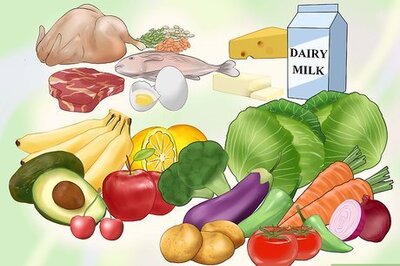

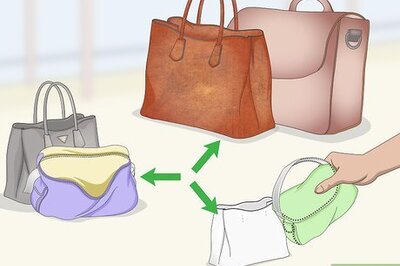
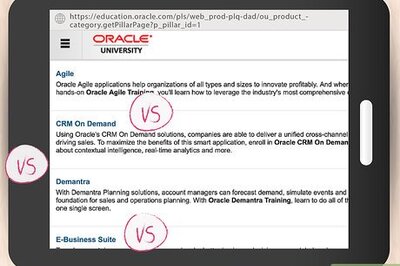

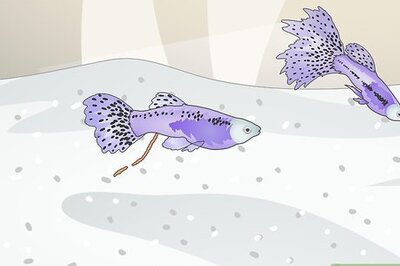

Comments
0 comment